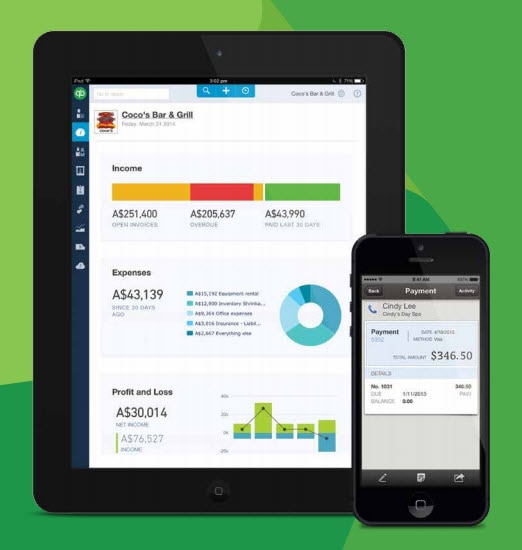When to seek legal action for unpaid invoices
If everything else has failed and you are still no closer to recovering your money, it may be time to consider legal action.
This should be a last resort. Legal matters are often drawn out and expensive, so you should make sure that your business is in a position to manage this for an extended period of time.
Small claims court
The exact process will differ depending on your region. However, most legal routes will involve some form of small claims tribunal or court. Yours and your client’s business model will also impact the type of legal route that is most appropriate.
As the name suggests, this type of court specialises in recovering compensation and smaller amounts of money.
In order to be successful, you will need to prove that you have taken every possible step to settle the outstanding invoice prior to turning to legal assistance. You will also need proof beyond doubt that you successfully delivered your end of the exchange (either goods or services).
Prevent future late payments with better invoice management
If you find yourself in a situation where you are regularly handling overdue invoices, it might be an indication that there is something amiss with your processes.
Some steps that you could look to take to improve your business invoicing practices include:
- Clear payment terms: If you don’t make it explicitly clear when a customer needs to pay you by, plus any applicable late payment fees, they may have grounds to delay payment. Make sure they know exactly when you’re expecting the money.
- Stricter chasing: If a client has been late on payment before, and you were too lenient in settling the invoice, they may feel as though they can get away with missing the deadline again. Make sure that you implement a strict recovery process as soon as the due date passes.
- Updating software: Invoice management can often become untidy if a business continues to use outdated, clunky methods in tracking and reconciling. Consider switching to a cloud-based accounting system to make it easier to keep track of your finances.





